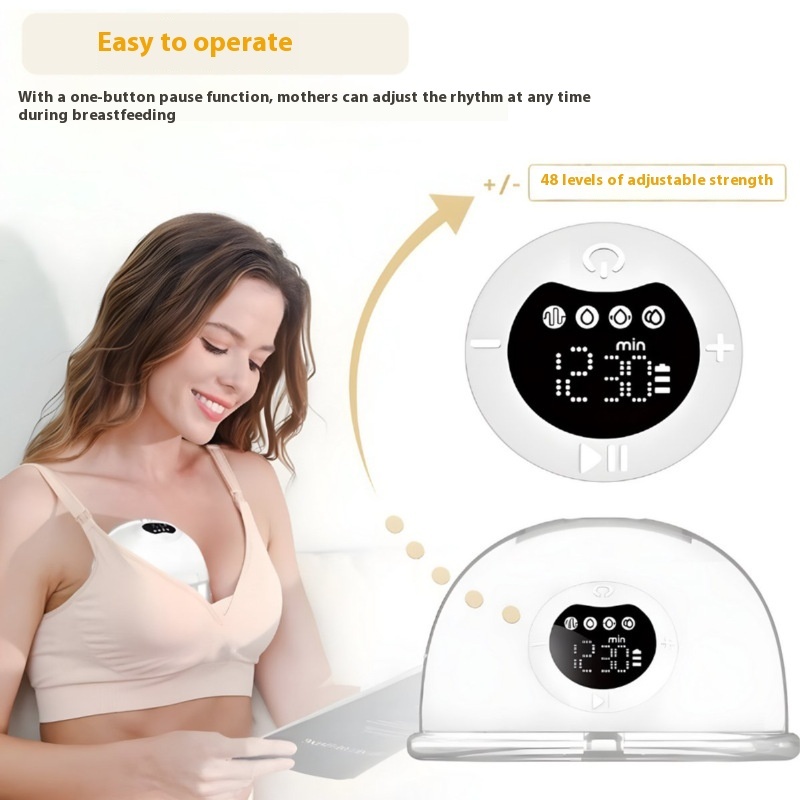Pump and Dump Breastfeeding: What Every Mom Needs to Know
Many breastfeeding moms get anxious about their milk after having a drink, taking medication, or even just sipping a coffee. The common advice to “pump and dump” — expressing and discarding breast milk — adds unnecessary stress during an already demanding phase. But do you always need to do it? Actually, no.
This guide helps you understand when pump and dump is truly necessary, how different substances affect breast milk, and how to make smart, evidence-based decisions on your breastfeeding journey.
What Does Pump and Dump Mean?
“Pump and dump” refers to pumping milk from your breasts and throwing it away instead of feeding it to your baby or storing it. Common reasons include:
- After drinking alcohol
- After taking certain medications
- After exposure to possibly harmful substances
- To relieve breast fullness or maintain supply when you can’t nurse
The good news? Modern medical guidelines show that it’s not always required. Just like other bodily fluids, once substances leave your bloodstream, they leave your milk. Often, waiting is all you need.
Pros and Cons of Pump and Dump
✅ Benefits
- Prevents breast engorgement when you can’t feed
- Maintains steady milk production
- Helps avoid clogged ducts or mastitis
- Offers flexibility when certain medications are necessary
❌ Drawbacks
- Wastes precious breast milk
- Time-consuming and energy-draining
- Can create emotional stress
- Often done unnecessarily due to outdated advice
Is Pumping and Dumping Necessary After Drinking Alcohol?
In most cases, no. Alcohol passes through breast milk at the same rate it leaves your blood — about 2 to 3 hours per drink. Pumping won’t speed up the process. Instead:
- Nurse before you drink
- Drink right after a feeding session
- Use stored milk while you wait
How Alcohol Affects Breast Milk and Baby
- Alcohol reaches your milk at the same concentration as your blood
- Peak levels occur 30–60 minutes after drinking
- It can reduce your baby’s intake and disrupt sleep
- Eating food slows alcohol absorption
Tip: Wait at least 2–3 hours per drink before nursing again. Keep backup milk stored just in case.
What About Caffeine, Medications & Other Substances?
☕ Caffeine
- Safe in moderation (up to 300mg/day — about 2–3 cups of coffee)
- No need to pump and dump
- Watch how your baby reacts and adjust if needed
💊 Medications
- Most are safe for breastfeeding
- Only some, like chemotherapy drugs or radioactive meds, require pump and dump
- Always check with your doctor for specific advice
❗ Recreational Drugs
- Often require complete breastfeeding cessation
- Can harm infant development and stay in milk unpredictably
When Should You Actually Pump and Dump?
- When medically advised (e.g., certain imaging tests or strong meds)
- If you’re physically uncomfortable and can’t nurse
- To keep up supply during extended time away from baby
Smart Monitoring Tips
- Use a timer or app to track time after drinking
- Pre-pump milk for “just in case” moments
- Stay informed with professional advice instead of myths
Final Thoughts
Most of the time, you don’t need to pump and dump. Alcohol and caffeine leave your milk naturally. Most medications are safe. When you do need to express milk for safety or comfort, having the right tools makes all the difference.Talk to your healthcare provider, protect your milk supply, and trust yourself. You’re doing amazing — and your milk is too valuable to waste without reason.
Leave a Reply Cancel reply
Next Story

